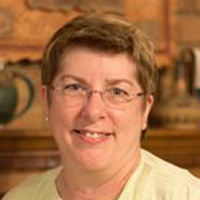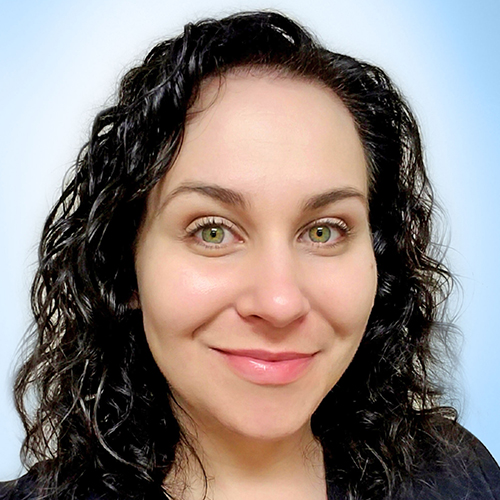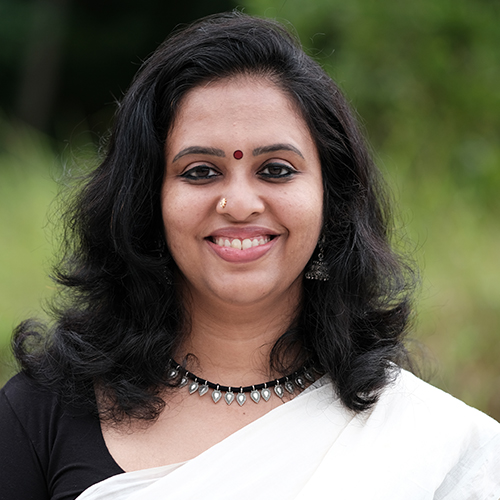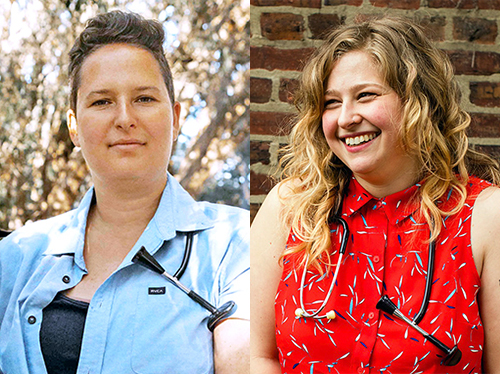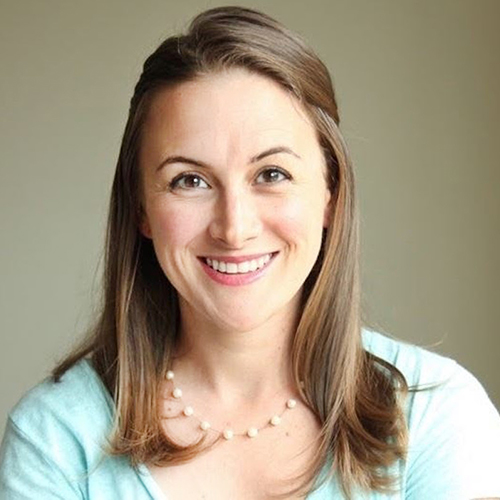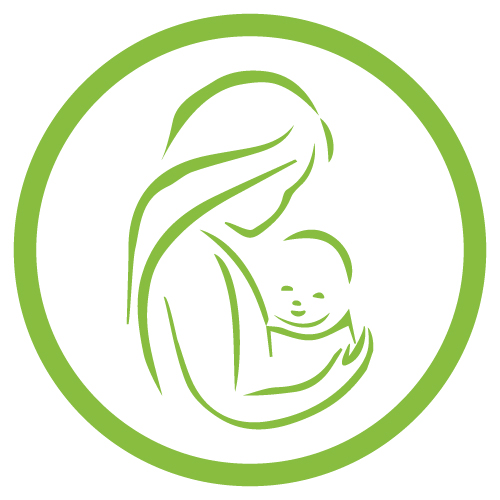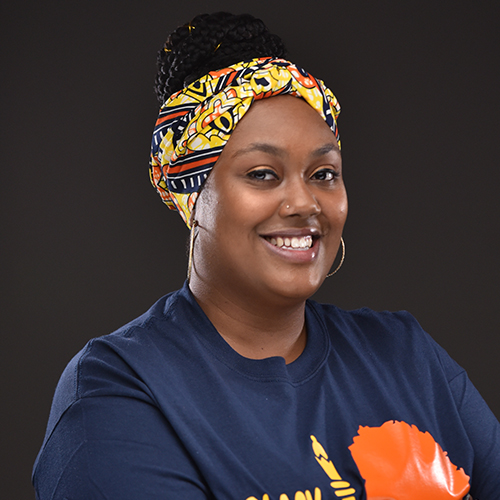 IBCLC Detailed Content Outline: Psychology, Sociology, and Anthropology Focused CERPs - Section V
IBCLC Detailed Content Outline: Psychology, Sociology, and Anthropology Focused CERPs - Section V
Access CERPs on Psychology, Sociology, and Anthropology for the IBCLC Detailed Content Outline recertification requirements. Enjoy convenient on-demand viewing of the latest Psychology, Sociology, and Anthropology focused IBCLC CERPs at your own pace.


Cathy Carothers is co-director of Every Mother, a non-profit organization providing lactation training for health professionals. An International Board Certified Lactation Consultant since 1996, she has provided more than 600 training events and conference presentations in every U.S. state/territory and several countries. She is past president of the International Lactation Consultant Association (ILCA), a fellow of ILCA, and past chair of the U.S. Breastfeeding Committee. She chairs the design team for the equity initiative in the lactation consultant profession, and chairs the Monetary Investment for Lactation Consultant Certification (MILCC), which works to reduce financial barriers to the IBCLC exam. She has directed several national breastfeeding promotion and support initiatives for the U.S. federal government, including the national USDA WIC peer counseling program, and national workplace support initiatives through the U.S. Department of Health and Human Services. She was honored with the 2014 National Leadership Award from the National WIC Association.
Topic: Dealing With the Tough Ones: Counseling in Difficult Situations - [View Abstract]
Topic: Making it Work: Supporting Nursing Moms at Work - [View Abstract]
There has to be an easier way! Many women returning to work after the birth of a baby find that the challenges are great…especially if they are breastfeeding, and the challenges range from lack of time and space to emotional and physical demands. The challenges are even greater for low-wage workers employed in more challenging, non-office settings, where private space options are much more difficult to identify, and where women often feel devalued and lack of confidence to speak up about their needs. For many women, discontinuing breastfeeding seems like the easiest “solution,” impacting maternal and infant health. This session will address the key issues of women returning to work, with workable solutions for supporting women with time and space for milk expression at work, and resources that can help.
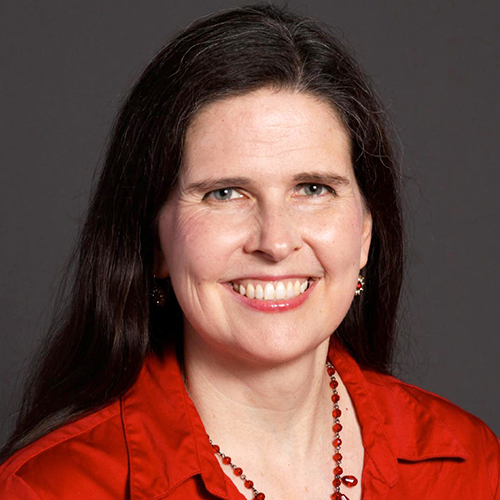
Medications and Mothers' Minds: Psychopharmacology for Lactating Mothers

Marie Zahorick, MS, APRN, PMHNP-BC, FNP-C, IBCLC became a La Leche League Leader in 1999 and an IBCLC in 2005. After several years of working as a hospital-based bilingual Spanish-speaking IBCLC, she attended nursing school and eventually became a board-certified Family Nurse Practitioner. In the meantime, she continued working as a hospital-based lactation consultant doing inpatient, outpatient, and NICU lactation. She did not get much sleep.
After graduate school, Marie went to work in psychiatry and also did a post-masters certificate to became board-certified in psychiatry and mental health. She was fellowship-trained to manage patients in the acute inpatient setting, partial hospitalization, outpatient office, and OB patients in the general hospital setting.
She specializes in women's psychiatry, especially medical management of women who are pregnant or lactating. Her expertise also includes general psychopharmacology. She is experienced at diagnosing and treating mental conditions such as bipolar disorder, perinatal/postpartum mood and anxiety disorders, postpartum psychosis, obsessive-compulsive disorder, premenstrual and perimenopausal mood disorders, and personality disorders.
She lives in the Chicago area with her husband and three adult children in their 20s. Her children all breastfed for at least two years but now just make faces when confronted with that embarrassing fact.
Topic: Medications and Mothers' Minds: Psychopharmacology for Lactating Mothers - [View Abstract]
If you have worked with mothers for more than a few weeks, you have encountered a mother with mental illness. You may not have recognized the symptoms while talking with your patient. Or, you may wonder if a certain psychiatric medication is “safe” during lactation.
Perinatal mood and anxiety disorders (PMAD) include a spectrum of common mental health disorders: depression, panic disorder, obsessive-compulsive disorder, posttraumatic stress disorder, bipolar disorder, and postpartum psychosis.
These disorders often ruin enjoyment of the postpartum experience and bonding with the baby. Perinatal bipolar disorder and postpartum psychosis are particularly dangerous due to severe depression and reckless or bizarre behavior that can endanger mother and baby.
Medicating the lactating mother is a careful balancing act between the health and safety of the mother and the health and safety of the baby. But failing to medicate a mother with PMAD can lead to misery, dysfunction, poor infant outcomes and in the worst situations, injury and death.
This presentation will give an overview of the different classes of antidepressants, antianxiety medications, antipsychotics, and mood stabilizers commonly used in breastfeeding mothers. Electroconvulsive therapy and transcranial magnetic stimulation will also be discussed as non-pharmacologic treatments.

View Details / Enroll
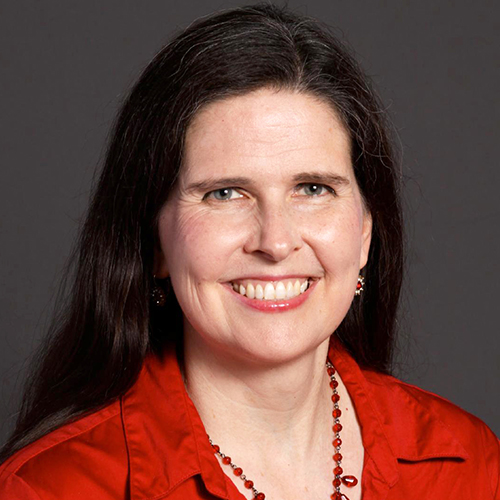
View Details / Enroll
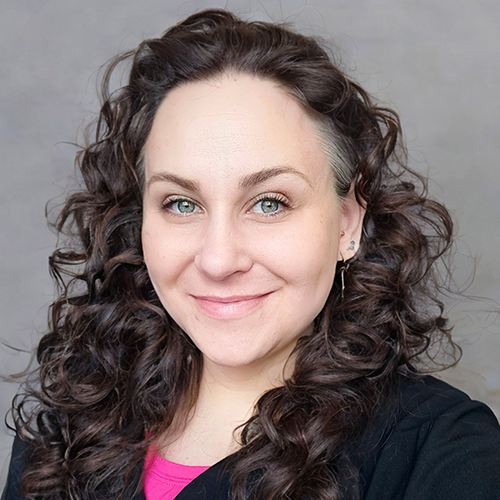

Megan Dunn is a board certified Lactation Consultant and Health Educator who views infant feeding from an anthropological perspective and through a sociological lens. Her experiences have run the gamut as a volunteer, peer-to-peer counselor, clinical IBCLC, and as an educator.
Currently she is the Breastfeeding Program Coordinator for a local WIC agency where she is coordinating a pilot program to equitably expand peer services. She is privileged to be a part of the excellent team at Legacy Health as a perinatal Educator. She also provides community lactation support as a home-visiting provider. Her goals are to support biological feeding norms and to offer practical and empowering solutions for dyads.
Professionally, her special interests include the fascinating world of our microbiome, empowering parents through Participant Centered and motivational approaches, and creating successful feeding solutions for complex cases. She is eager to collaborate on projects which focus on improving public policy and accessibility to culturally aware and trauma informed care for all perinatal families.
When she’s not pondering and working on all things human milk, Megan enjoys cooking, hanging out with her teenagers, going on nature walks, volunteering, and spinning tunes as a community radio host and DJ.
The billions of unicellular organisms which form a symbiotic relationship with our bodies provide essential functions which regulate, modulate, and maintain homeostasis. The microbiome has an essential role in prompting a proper immune response, maintaining adequate digestion and metabolic function, managing inflammatory status, supporting mental health, and many more functions which are required for good health. Dysbiotic conditions during the perinatal period are common and impact the infant feeding relationship.
In this presentation, participants will learn about the functions of the microbiome as it relates to lactation and infant health as well as the consequences of dysbiosis and its impact on lactation/infant feeding.
Additionally, participants will learn how to address dysbiotic conditions within their profession’s scope. This presentation provides clinically applicable information and recommendations that participants can apply when providing lactation education and developing care plans.
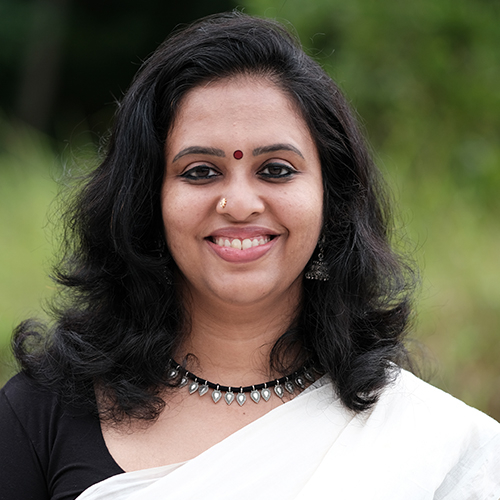
Midwifery Care of Adolescent Pregnancies: Lessons From India

Priyanka Idicula is a Certified professional International midwife (U.S.A) and a Lamaze certified childbirth educator(FACCE,LCCE). She is currently the director of Birthvillage the natural birthing centre one of India’s popular natural birth centres and is the managing trustee for birth for change (NGO) India. She also has extensive experience in working in maternity care with pregnant teenagers as part of the Tejus home project one of its kind in India.
She has presented various papers on holistic maternity care and has been the face of India at various international midwifery conferences.
She has also been invited to speak as a guest speaker at various nursing colleges on midwifery education and human rights in childbirth in India.
She has been honoured with one world birth hero runner up championship in 2011.
She has been awarded the "Lifetime Achievement Award for Service to Mother Baby" by Midwifery Today recognising midwifery leadership and in the promotion of birth as normal life event in 2018 at Germany.
She has also been awarded the best midwife of the year 2019 at the International breastfeeding conference, India.
She is also one of the early pioneers for water birth in India in 2010.
She is also the first Asian to win the dual scholarship from Lamaze International She also carries with her Bachelors and Masters in microbiology.
16 million adolescents give birth in India annually which roughly translates to 100 percent of teenage pregnancies worldwide. The United Nations Population Fund (UNFPA) predicted “India will retain the biggest national adolescent girl population, with hardly any net change from 2010 to 2030 (93 million to 95 million)”. Birth Village, the natural birthing center, is the only free-standing natural birth center with midwife led care based currently in India.
In 2012 we formalized our second not for profit organization Birth for Change, and in conjunction with another NGO Dil se, have been successfully running Tejus, a home, the only one of its kind in India for young children who enter pregnancy primarily through violence. We provide a safe space where this section of vulnerable population obtain nourishment, childbirth education and exercise classes, facilitating supportive relationships, birth services and postpartum services. We have also expanded to provide an additional foundling space where the mothers can keep their babies. This presentation provides a look some of our research, including birth narratives recorded with consent, and provides a focused look at the midwifery care of adolescent pregnancies.

View Details / Enroll
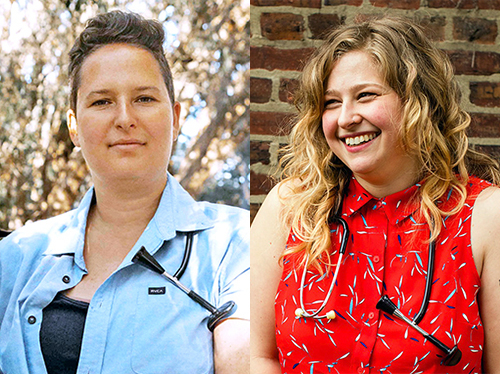

Marea Goodman (she/her) is a licensed midwife specializing in pregnancy, birth, postpartum, and conception care for the LGBTQ+ community. A graduate of the National Midwifery Institute, Marea got her license from the California Medical Board in 2015 and spent the following year and a half working at birth centers in El Paso, Texas and Ciudad Vieja, Guatemala. She founded her midwifery practice, Restore Midwifery, in 2016 in the Bay Area, and is now serving the community in Santa Cruz, CA.
Aside from midwifery, Marea is also a writer whose work has been featured by the Huffington Post, Ms Magazine, and Mother.ly. She co-authored the book, Baby Making for Everybody—Family Building and Fertility for LGBTQ+ and Solo Parents, which is set to be published in April, 2023. She lives in Santa Cruz with her three children and her wife, Andrea Ruizquez, who is also a midwife.
Ray Rachlin (she/they) is a Licensed Midwife and Certified Professional Midwife providing home-birth midwifery care, fertility and home-IUI care, and community education throughout the greater Philadelphia area and South Jersey. Ray founded Refuge Midwifery in 2017 to create a home for families not served by our current healthcare system.
In addition to their midwifery practice, Ray has been immersed in promoting affirming reproductive care for transgender patients and has taught midwives, doctors, nurses, and birth professionals throughout the country on trans-inclusive fertility, birth, and postpartum care. In their private practice, Ray specializes in natural fertility support for individuals with prior hormone use. Ray is the co-author of the forthcoming book Baby Making for Everybody—a Guide for LGBTQ+ and Solo Parents, coming April 2023.
Ray earned their Bachelor of Science in midwifery at Birthingway College of Midwifery in Portland, Oregon, in 2016 and also holds a Bachelor of Science in political science, urban studies, and labor studies from Queens College. Ray is a member of the Queer and Transgender Midwives Association. Ray lives with their partner and child in Philadelphia, PA.
In Midwifery-Led Fertility Care, midwives Ray Rachlin, LM, CPM and Marea Goodman LM, CPM will educate midwives on how to provide fertility care in an out-of-hospital setting. In this presentation, Ray and Marea will review the different options people with uteruses have to create pregnancies with fresh and frozen sperm and the success rates for each. They will focus on lower-intervention insemination options that can be performed at-home or in a midwife’s office. The presenters will also review fertility awareness method counseling and how midwives can support their clients to determine ovulation, as well as insemination timing and navigating sperm banks, ACOG preconception care, and fertility lab work.
Throughout the presentation, Ray and Marea will provide an introduction on how to provide culturally appropriate care to the LGBTQ+ population and transgender parents. They will also discuss how to apply infertility research to LGBTQ+ people, and when to refer to different levels of care.
LGBTQ+ people face many obstacles to healthcare access including a lack of knowledgeable care providers, other people’s lack of awareness of identity issues, and outright prejudice and discrimination. This leads to both underutilization of healthcare and overmedicalization, and contributes to health disparities and poor outcomes, especially by individuals with intersecting marginalized identities. Midwives are in a unique position to provide excellent, culturally competent care to this population. However, viewers should not expect to become culturally competent in caring for the LGBTQ+ population in this one hour class. There will be resources for further learning provided at the end of the presentation.
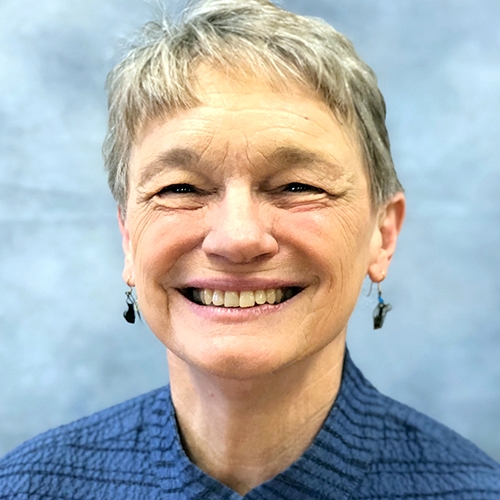
Midwives Hold a Key: Opening Doors to Early Parenting and Breastfeeding Success

An inspiring international teacher and published author, Jan Tedder is a nurse practitioner and lactation consultant who was honored as the NC Maternal-Child Nurse of the Year and the recipient of the American Nurses Association’s 2020 Innovative Nurse Award. Jan worked in primary care for decades and trained nurses and physician residents in well-child care and lactation support. She developed HUG Your Baby, an international education program to help parents and the professionals who serve them, understand a child’s behavior and help mothers meet their breastfeeding goals. Available in six languages, her work has been accessed by thousands of professionals around the world used in 50 countries and tribal nations.
Research confirms that misunderstanding a baby’s behavior decreases breastfeeding duration, lowers parent confidence and increases stress and postpartum depression. Literature on “Responsive Parenting” confirms how learning to notice, understand and respond appropriately to a baby’s behavior positively impacts early parenting, breastfeeding duration and the growth and development of a baby. Midwives are uniquely positioned to enhance a family’s ability to meet their parenting and breastfeeding goals. However, other research suggest that information provided patients does not always meet the needs of today’s young families. This presentation reviews efficient, cost-effective tools, tips and techniques that foster “Responsive Parenting”, boost the confidence of new parents and help families meet their breastfeeding goals.

View Details / Enroll
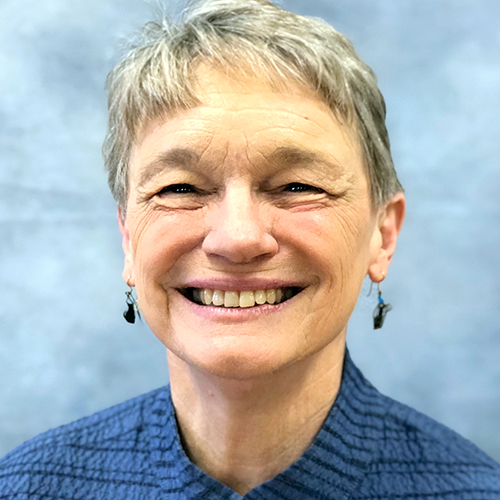
View Details / Enroll

Mindful Breastfeeding: How Lactation Professionals Can Support Calm and Connection

Joy MacTavish, MA, IBCLC, RLC is an International Board Certified Lactation Consultant and certified Holistic Sleep Coach focusing on the intersections of infant feeding, sleep, and family well-being. Through her business, Sound Beginnings, she provides compassionate and evidence-based support to families in the greater Seattle area, and virtually everywhere else. She entered the perinatal field in 2007 as birth and postpartum doula, and childbirth and parenting educator. Joy holds a Master of Arts in Cultural Studies, graduate certificate in Gender, Women and Sexuality Studies, and two Bachelors degrees from the University of Washington. She enjoys combining her academic background, analytical skills, and passion for social justice into her personal and professional endeavors. Joy serves as an Advisory Committee Member and guest speaker for the GOLD Lactation Academy. When not working or learning, she can be found homeschooling, building LEGO with her children, or dreaming up her next big adventure.
Topic: Full-Term Breastfeeding/Chestfeeding: Benefits, Considerations, and Ways to Offer Support - [View Abstract]
Topic: Mindful Breastfeeding: How Lactation Professionals Can Support Calm and Connection - [View Abstract]
Topic: Sending Reports: What’s in it for IBCLCs? - [View Abstract]
Topic: Supporting Clients Facing Fertility Treatment - [View Abstract]
Topic: The Intersection Between Lactation, Sleep, and Family Well-Being - [View Abstract]
Topic: Weaning: Supporting Families Stopping Lactation and/or Ending Their Breastfeeding/Chestfeeding Relationship - [View Abstract]
The age-old practice of mindfulness meditation has increased in popularity across the globe over the past four decades and gained traction within the psychological and medical fields. Mindfulness centers on non-judgmental awareness of one’s bodily sensations, thoughts, and emotions in the present moment. It has been scientifically shown to reduce stress, chronic pain, medical and psychological symptoms, and enhance immune function. Mindfulness practices often focus on psychobiological processes, which makes them well suited as in intervention during the perinatal period, and even more specifically breastfeeding. This presentation outlines the ways in which mindfulness can positively impact lactation, during its normal course and especially when there are challenges. As lactation professionals who clinically and holistically support clients, it is beneficial to be able to share mindfulness strategies that can serve as a bridge between the mental, emotional, and physiological realms. Through a greater understanding of the practical aspects of mindfulness, gentle interventions can be incorporated into each feeding session. By supporting calm and connection within the parent and between the parent and infant, the experience of breastfeeding can be enhanced.

View Details / Enroll

View Details / Enroll
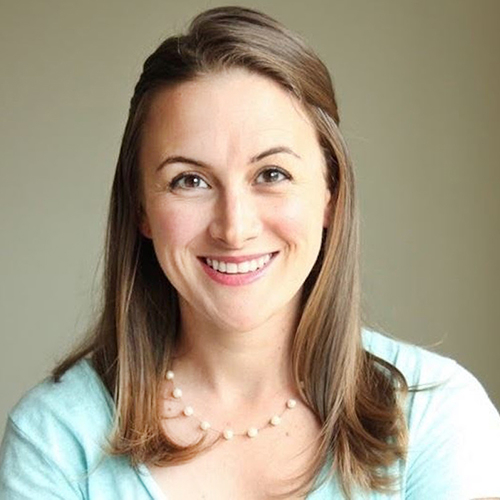

Cristen Pascucci is an advocate for human rights in childbirth. She is the founder of Birth Monopoly and working on a documentary film exposing the epidemic of obstetric violence and the state-sanctioned suppression of midwifery in the U.S. With a background in public affairs, Cristen has led multiple consumer-based advocacy campaigns to get birth trauma and institutional mistreatment in maternity care into the media. Today she teaches birth and healthcare workers about their patients' human rights.
In this session, we'll explore a deeper understanding of what obstetric violence is and the many ways it manifests to undermine and harm birthing people—as well as puts their caregivers and support teams in compromising positions. We'll discuss how birth professionals can avoid committing or contributing to obstetric violence themselves and how they can help make trauma informed care--including self-healing--the industry standard.

View Details / Enroll

Out of the Blue: Post-Partum Mood Disorders and Breastfeeding

Dianne is an IBCLC, podcaster, author, lactation education manager and has been working with families since 2008. She has worked with thousands of families in all areas of their breast/chest feeding journey. Dianne teaches using her real-life experiences and case studies, which sets her apart in the lactation field providing a personalized and realistic experience for her audiences. Dianne’s evolution began as a clinical, patient-centered lactation consultant to a public speaker and educator, where she really shines. Her energy is contagious, and is felt by families, lactation consultants and birth workers alike.
Topic: Out of the Blue: Post-Partum Mood Disorders and Breastfeeding - [View Abstract]
Topic: Paying it Forward, Support for the Breastfeeding Mother and Baby - [View Abstract]
Topic: Traumic Life Experiences and how they Affect the Breastfeeding Mother - [View Abstract]
Topic: Unlocking the Power of Proper Latching: Overcoming Challenges and Maximizing Breastfeeding Success - [View Abstract]
It is well known that breastfeeding is beneficial to both mother and baby. What happens if breastfeeding is not well established? Researchers are looking closer to postpartum mood disorders and what influence breastfeeding may have in a new mother's psychological well being.
Postpartum depression has been linked to low breastfeeding rates, as well as lower duration rates. Postpartum depression falls under the diagnosis of "major depressive disorder with peripartum onset during pregnancy or in the weeks following delivery" (Bascom & Napolitano, 2015). It has been estimated that postpartum mood disorders, strike an estimated 10-20% of new mothers (Bascom & Napolitano, 2015). However, it has been argued that this number reflects only those women who have sought help for their symptoms. The probability that more women are affected by postpartum mood disorders is high.
Postpartum mood disorders adversely affect not only the health of the mother, but also the relationship with her partner, interaction with her newborn and infant growth (Yusuff, Tang, Binns, Lee, 2015). There are several predictors that can help determine if a woman is at risk for postpartum mood disorders, including mental health history, social status, and labor and delivery. Researchers have found that when more medical interventions were used during labor, the higher the depressive symptoms for the mother. This presentation will aid personnel working with new families to be aware of the signs and syptoms of postpartum mood disorders and how to preserve the breastfeeding relationship.

View Details / Enroll
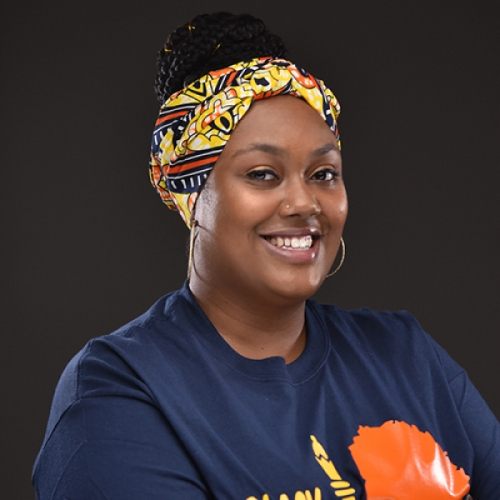
Overcoming Barriers in Black Maternal Health: It Takes a Village

Saleemah McNeil is a Reproductive Psychotherapist, Certified Lactation Consultant, professionally trained Birth Doula and a traumatic birth survivor. Saleemah has dedicated her work to helping families of color heal from traumatic birth experiences and transition into parenthood. Saleemah has held several positions in the field of Maternal & Child Health and Wellness. Mrs. McNeil furthered her knowledge and experience with vulnerable birthing persons and served as a Philadelphia County Jail Based Case Manager at Riverside Correctional Facility. In this role, she assisted birthing women during their most vulnerable times as a Doula. Working in the Department of Corrections, ignited anger and passion which ultimately guided Saleemah to a masters in clinical psychology and counseling . After watching years of unfair treatment and inhumane conditions, reproductive injustice, systemic racism and trauma, Saleemah founded a nonprofit organization, Oshun Family Center. She launched a citywide initiative to reduce Black maternal mortality through the “Maternal Wellness Village” program and became a key figure and content area expert in the region. Mrs. McNeil's work is rooted in a deep appreciation and understanding that surviving the 4th trimester can mean life or death for some women. As a clinician, advocate, researcher and trainer, Mrs. McNeil’s work is grounded in helping families not only survive but thrive by utilizing an anti-racism and trauma sensitive framework. Her passion has driven her to explore new endeavors such as impacting policy change and ultimately shifting the provider - client dynamic in healthcare by addressing the disparities for Black women.
The overarching goal of this presentation is to raise awareness and provide practical approaches to improving Black maternal health through a community-driven, culturally relevant, social-ecological approach to optimize perinatal health. There is a fundamental need for multilevel interventions emerging from the lived- experience and expertise of Black women that provide support from early pregnancy through the end of the first postpartum year - - interventions that utilize a reproductive justice framework to address individual lifestyle behaviors in the context of resilience, family and relationships, along with community-level factors and institutional and societal barriers, including structural racism. Yet, a paucity of evidence-based treatments exist. To remedy this treatment gap, we will discuss a multidisciplinary approach to interacting with birthing folks. Address the impact of structural racism and respectful maternity care as it contributes to adverse outcomes for birthing families.



